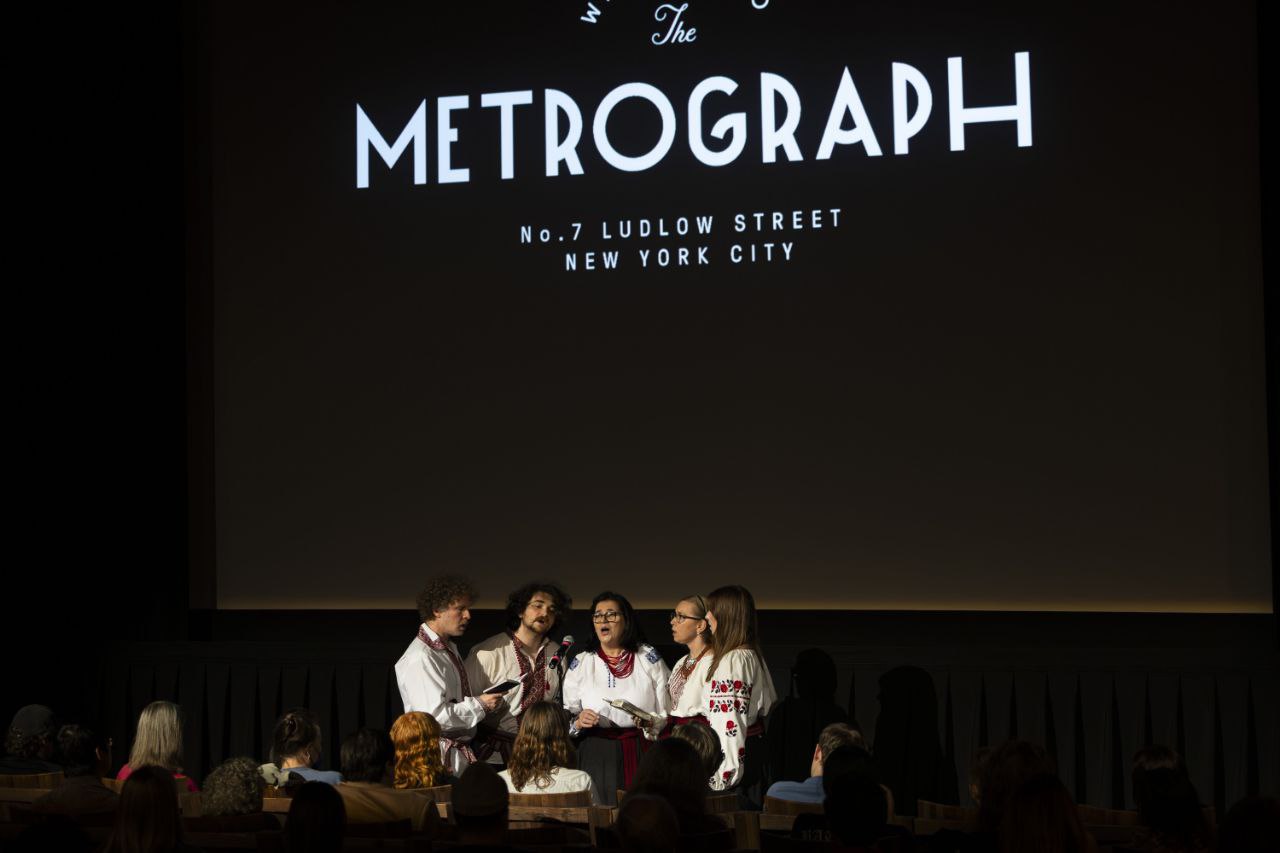Metrograph Showcases Ukraine’s Poetic Cinema in New York

New York’s renowned Metrograph theater has launched Soul and Soil, a sweeping retrospective celebrating nearly six decades of Ukrainian poetic cinema.
The Gaze reports this, referring to the theater’s post on social media.
Running from November 8 to 16, the program, curated in collaboration with the Dovzhenko Centre and Razom Cinema, brings a rare collection of classics to the heart of Manhattan’s Lower East Side.
Known for its auteur-driven programming and meticulous attention to cinematic heritage, Metrograph is screening eight milestone works drawn from the Dovzhenko Centre’s archives, presented on both restored DCPs and 35 mm prints brought from Ukraine.
The lineup traverses Ukraine’s rich cinematic tradition – from Oleksandr Dovzhenko’s Earth (1930) to Yuriy Illienko’s Swan Lake. The Zone (1989) – and includes landmark titles such as Shadows of Forgotten Ancestors (Serhiy Parajanov, 1965), Well for the Thirsty (1965), Evening on the Eve of Ivan Kupala (1968), Stone Cross (Leonid Osyka, 1968), The White Bird Marked with Black (1971), and Babylon XX (Ivan Mykolaichuk, 1979).
The series opened with a live performance by the New York–based folk choir Ukrainian Village Voices, preceding a screening of Earth accompanied by DakhaBrakha’s evocative soundtrack.
Following the theatrical run, all eight films will be available for streaming worldwide on Metrograph At Home beginning December 1.
The retrospective coincides with a companion exhibition at Kyiv’s Dovzhenko Centre titled In the Grandiose Dance of the Sun, in the Cosmic Roar of Torment (October 24 – December 28, 2025).
The exhibition reimagines poetic cinema as an immersive, sensory medium, combining dance-based installations, archival film fragments, and rare behind-the-scenes photography to highlight directors such as Roman Balayan, Oleh Biyma, Serhiy Parajanov, Leonid Osyka, and Yuriy Illienko.
Ukrainian poetic cinema flourished in the 1960s as a cinematic movement that blended myth, folklore, and visual lyricism. Rejecting Soviet realism, it replaced ideological clarity with symbolism and emotional truth.
As The Gaze previously informed, Liverpool University will host a unique event, “Surprising Ukraine: from culture to science,” dedicated to Ukrainian culture, science, and history.
Read also on The Gaze: Ukrainian Cinema: 9 Must-Watch Films That Define a Nation’s Spirit